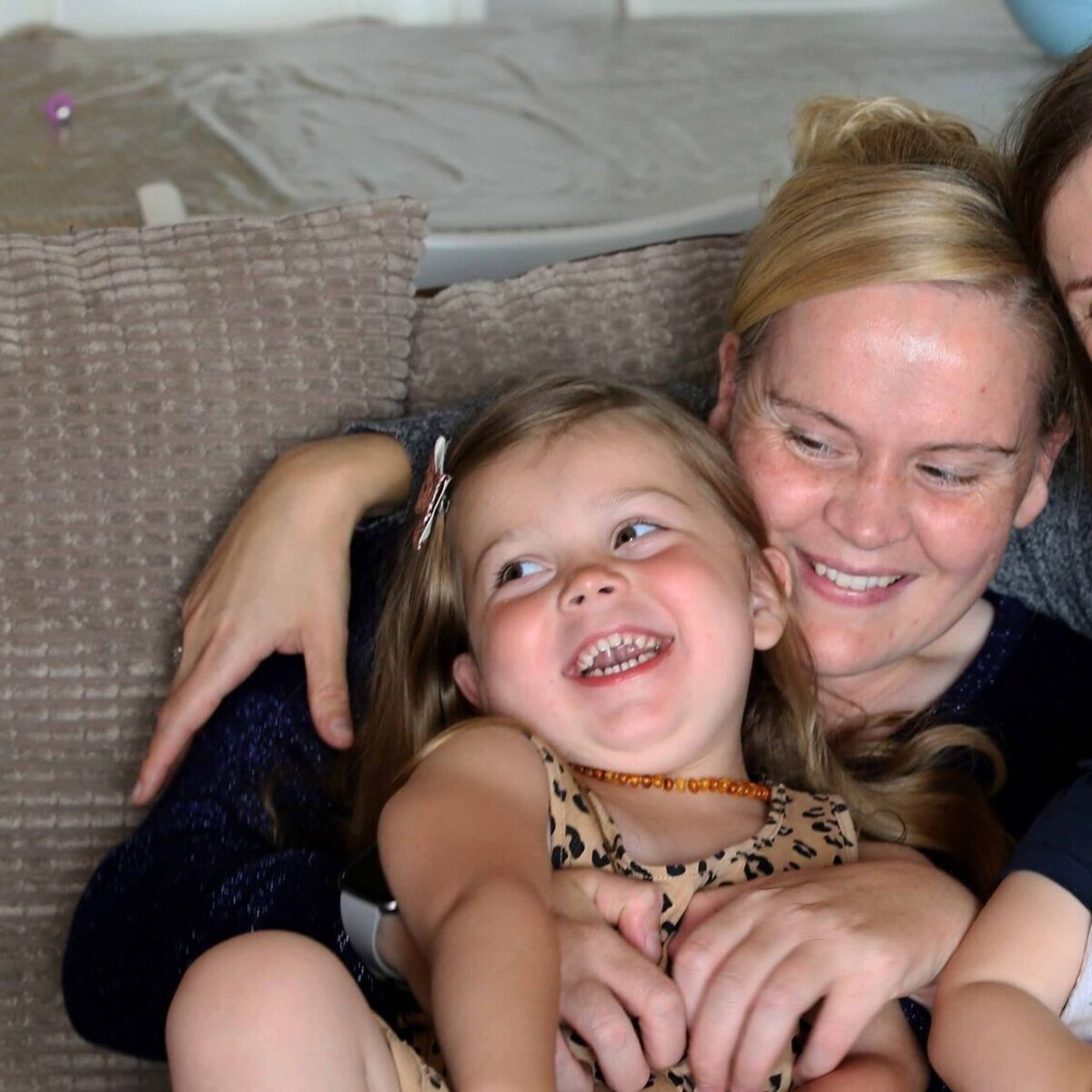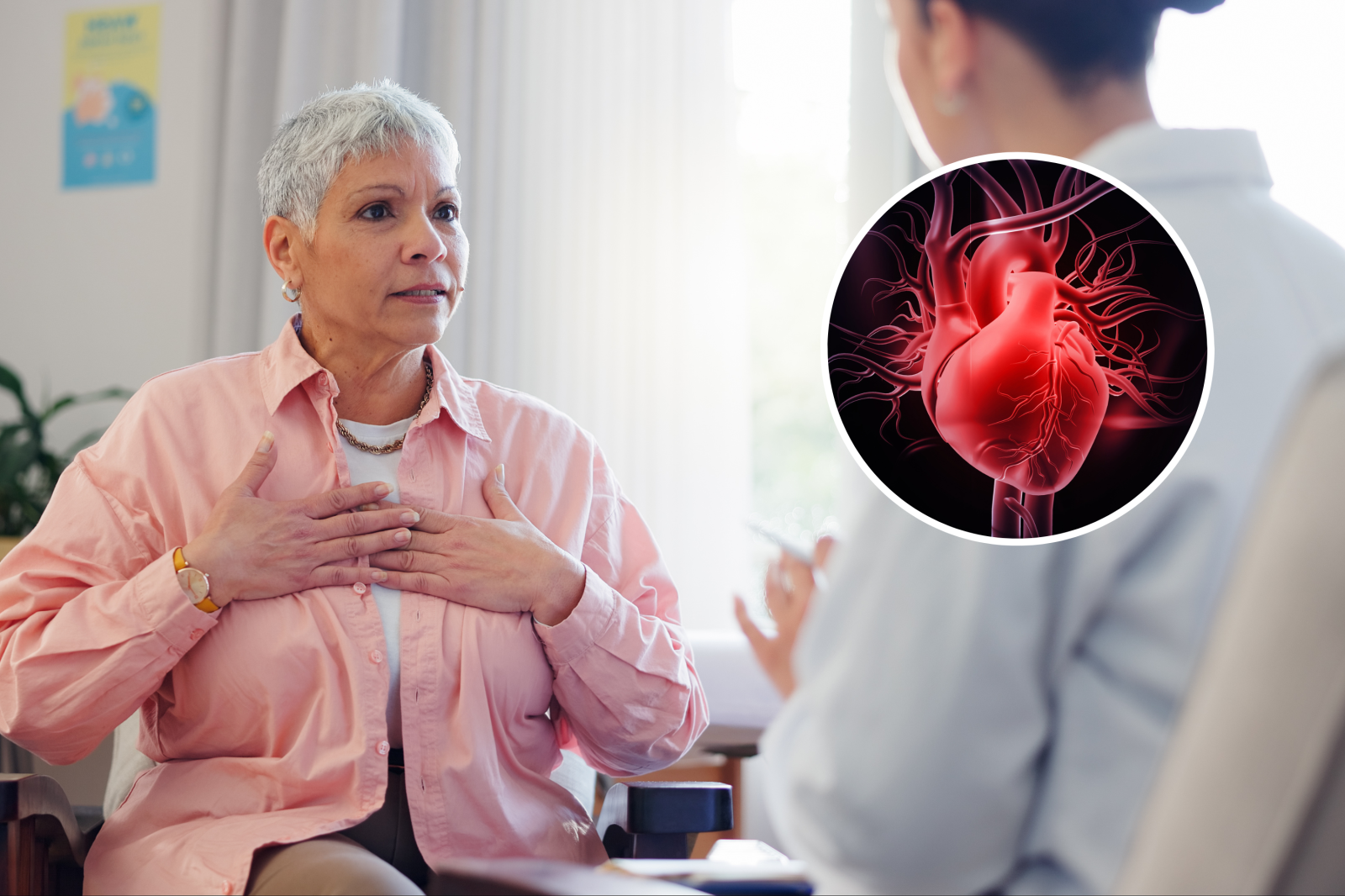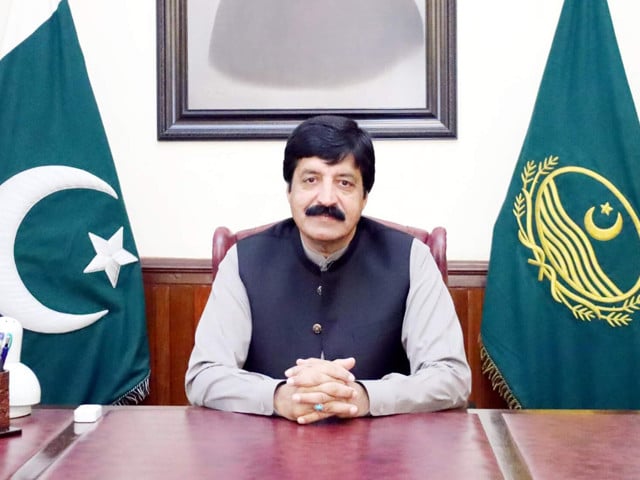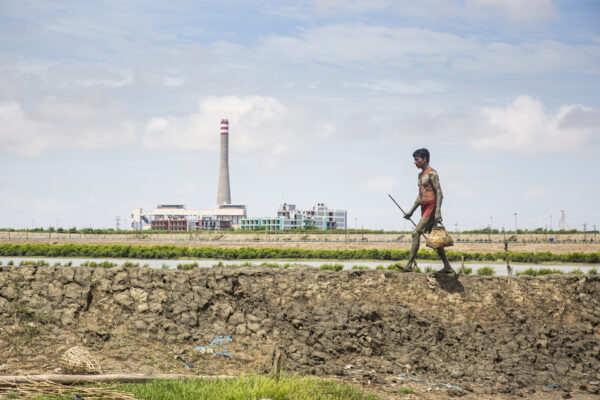Copyright irishexaminer

The Government is keen to commence the act, as it will give retrospective rights to the parents of children who were born via surrogate. However, during the legislative process for the Health (Assisted Human Reproduction) Act 2024 "issues were identified that warranted further consideration and consultation with the Office of the Attorney General", as the Department of Health puts it. The delay for families is down to the fact that the Government must now pass supplementary legislation. In other words: Fix the gaping holes identified in the 2024 act. As part of this process, two weeks ago, the Oireachtas health committee made 18 recommendations to amend the 2024 act. It said these amendments should be addressed before the Government begins any part of the retrospective declaration of parentage, which means a further wait in legal limbo for surrogate families. The committee's amendments include: 1. The Health Assisted Human Reproduction Bill must address all the identified gaps in the 2024 Act; 2. The bill should have a child’s rights-based framework; 3. In decisions on parentage in relation to surrogacy or donor-assisted human reproduction (DAHR), the courts and decision-making bodies should be provided with some judicial discretion. It also called for provision to be made to provide a path to parenthood for Irish citizens returning home who are in same-sex relationships, and whose children were both conceived and born abroad in countries that do not recognise both same-sex parents. However, members of the LGBT+ community say they are deeply disappointed by continued delays and the piecemeal way in which the legislation has been handled. Séamus Kearney Martone, the chairperson of Irish Gay Dads, told the Irish Examiner: "We remain deeply disappointed by the continued lack of movement on the amendment bill to the act, a bill that is crucial to ensuring that additional families, including Irish citizens living abroad, are finally recognised and included. “We have repeatedly been told that the amending bill would be published; first in June, then again in July this year, yet we are still waiting. “While we do welcome that the Oireachtas health committee recently published its pre-legislative scrutiny report on the proposed amendments, we are disappointed that this process had to be carried out without the actual legislation being available. It was, in effect, a case of going in blind without the text to properly review.” Pathway to parenthood In addition to the delays, campaigners from the LGBT+ community also say that the legislation does not go far enough. In particular, campaigners say the outdated framing of "commercial surrogacy" — where a surrogate is compensated — closes off the path to parenthood for many same-sex couples and is discriminatory. Ranae von Meding and her wife Audrey Rooney have three children: Two daughters and one son, aged eight, five, and six months old. They were all born through reciprocal IVF, with Audrey providing her eggs and Ranae carrying the children. Ms von Meding said the current legislation does not go far enough. She is a member of the LGBTQ+ Parenting Alliance — which includes Equality for Children, Irish Gay Dads, and LGBT Ireland — and supports "ethical, rights-based surrogacy" that protects all parties involved: Surrogates, children, and intended parents. Ranae said: “We recognise the importance of regulation and oversight, but we must also be honest. The current framing of 'commercial surrogacy' in Irish law is outdated, stigmatising, and out of step with how Irish families are formed today. Let’s be clear: Compensating a surrogate for her time, risk, and sacrifice is not exploitation. It is respect “Around the world, including in countries like the United States, ethical surrogacy frameworks ensure that women acting as surrogates are fully informed, independently represented, and supported throughout the process. These women are not victims. They are active, willing participants who are often proud to help create families. They are not being exploited, but fairly compensated.” She said the suggestion that any payment beyond expenses turns children into commodities is “deeply offensive". “It is offensive to the children born through these journeys, to their families, and to the surrogates themselves,” she said. “The current legislation, which is due to be commenced, effectively leaves no legal path to parenthood for gay men unless a sister, friend, or acquaintance is willing to carry a child for free. This places an unfair burden on Irish women and creates an unequal standard for LGBTQ+ families." She said it also “ignores the fact that most domestic altruistic surrogacy journeys in Ireland are not accessible to the majority of people". “This is especially in the case of those without close female family members willing and able to take on the physical and emotional toll of pregnancy.” 'No viable alternative at home' Ranae said this has now resulted in Irish families, both LGBTQ+ and otherwise, turning to ethical, regulated international surrogacy “because there is no viable alternative at home". “For many, this has been the only path to parenthood,” she added. However, the legislation requires the surrogate to be habitually resident in the country where the programme has been entered into by both parties. “To now suggest that these families should be excluded from legal recognition because of where or how their children were born is unjust and discriminatory." She said that, while they do not support unregulated or exploitative arrangements, “banning compensation altogether ignores the realities of pregnancy, including lost income, health risks, and emotional labour". “Ethical, regulated surrogacy must allow for reasonable and transparent compensation, as recognised in many progressive jurisdictions,” she said. She said the current legal framework excludes Irish gay fathers from accessing the US, which is a heavily regulated jurisdiction when it comes to surrogacy. “There is always the risk that if intending parents believe they have no access to the legal route prescribed by the department, they will engage in less safeguarded frameworks,” she said. “We believe it’s critical that the framework is both safeguarded and recognises the reality of the international context.” This, she believes, will ensure that women are safe from exploitation and that the LGBT+ community has access to forming their families, and that the children born as a result enjoy the legal recognition within their families that gives rise to rights and entitlements that would otherwise not be open to them. If Ireland is serious about protecting children, supporting families, and advancing reproductive justice, it must move past rigid and moralising distinctions “We urge lawmakers to listen to the voices of parents, surrogates, and children, and to legislate with compassion — not fear. "We will continue to advocate for laws that protect without punishing, that regulate without excluding, and that ensure every Irish child is treated with dignity, regardless of how or where they were born,” Ms von Reding said. As part of the 2024 act, a new Assisted Human Reproduction Authority is being established. The statutory agency will help protect and promote the wellbeing of children born via surrogacy, surrogates, and intended parents of children born through surrogacy. The body will also be responsible for creating a National Surrogacy Register that will contain details of the child, surrogate, donor, and intending parents. To date, there are no official statistics of how many children were born via surrogacy here. However, Séamus said that, while his group welcomes the establishment of the authority, it was disappointed that there is currently no representation from the LGBTQ+ Parenting Alliance on the authority. “The legislation clearly states that the authority ‘shall’ have 10 ordinary members, yet only seven have been appointed,” he said. “Our hope is that the remaining appointments will ensure that LGBTQ+ families have a genuine seat at the table, where our voices and lived experiences can help shape a fairer and more inclusive future for all.” The legislation has brought relief to married couple Lauragh and Oisín Goggin, from Co Wexford, who have successfully gone through the surrogacy process twice. Their first baby, Christopher, was born in Ukraine in October 2021 while their daughter Eádhla Jo Goggin was born in December. Lauragh faced severe medial challenges due to type one diabetes, and did not want to try and get pregnant because of the risks a pregnancy would carry. Both of her children were born in Ukraine. Her husband, Oisín, is the biological father of their children. Currently under Irish law, Lauragh has no legal rights to her children, but this will change when the act commences. She, like so many others, must wait for the amending bill. Lauragh told the Irish Examiner: "I was covered by the original legislation, the Assisted Human Reproduction Act (AHRA) 2024 under Section 12 as, at the time of the enactment, I had my little boy and was expecting my little girl. We have been waiting ever since for news that we could apply for parentage, but we had to wait for the amending bill. So I am absolutely thrilled it's moving along. "So many were left out of the last legislation. So I am waiting with anticipation to see will this amending bill cover all children, so I can finally be a legally recognised mother to my babies." Lauragh said she too would like to see better representation for the LGBT+ community. “Although I'm so unbelievably happy that we have some momentum with the act, I was very disappointed to see a lack of LGBTQ+ representation on the board. I hope that perhaps it’s just still in infancy and that will be addressed. “It is absolutely vital, in my opinion, that the stakeholders are involved in this process to ensure real understanding of the situations. There is so much work still to do though. It is a very complex and intricate piece of legislation In relation to the three vacancies on the board of the Assisted Human Reproduction Authority, a spokesperson for the Department of Health said: "Three board vacancies remain to be filled, and the minister expects to launch a further appointment campaign in due course. This process will prioritise candidates with relevant expertise." In terms of progressing the legislation, the spokesperson said: "The minister for health, together with her ministerial colleagues and the Government, remains firmly committed to enacting much-needed legislation to establish a comprehensive and robust regulatory framework for Assisted Human Reproduction (AHR)." The spokesperson said the formal drafting of the Health (Assisted Human Reproduction) (Amendment) Bill "is at an advanced stage". In terms of the issues raised by the LGBTQ+ Parenting Alliance, the department said: "The surrogacy provisions in the AHR legislation look to build on and learn from the experiences of other countries, as well as to provide for surrogacy which is ethical, altruistic and, most importantly, protects the health, safety and welfare of the surrogate mother and the children born as a result of surrogacy."



